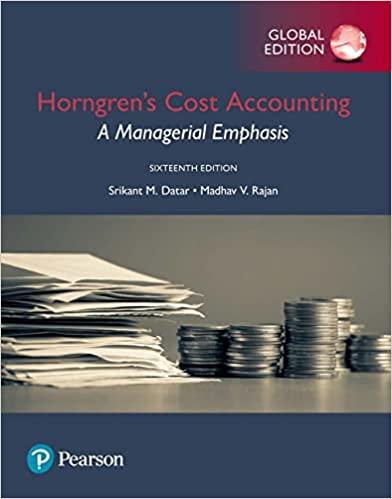In Texas, X died testate. The will identifies Legatee A (who is the son of X) as a beneficiary of a legacy. However, Xs will is amended by "Codicil 1" which states that legatee A refuses to accept any legacy or devise under this will. The will states: "Codicil 1 is attached to this will and amends this will to the extent so provided in Codicil 1". "Codicil 1" purports to have been signed by legatee A. Legatee A brings suit against the executor of the will on grounds that Legatee A did not sign "Codicil 1". Legatee A claims the signature of Legatee A in "Codicil 1" is a forgery. Which of the following statements, if any, is correct regarding the law in Texas?
| | a. The best expert to use for analysis of handwriting by comparison is one who works for the DPS Crime Lab as a handwriting analyst. Other such experts who do not work for the DPS Crime Lab are equally competent to testify over an objection as to competence. | | |
| | b. None of the other choices are correct. | | |
| | c. Anyone who has been trained by a DPS Crime Lab handwriting analyst is competent to testify about handwriting by comparison over objection as to competence. | | |
| | d. The only expert competent to testify to handwriting by comparison is one who works for the DPS Crime Lab as a handwriting analyst. Any other expert in analysis of handwriting by comparison can testify provided there is no objection to competence. | | |
| | e. Whether an expert is competent to testify as a handwriting analyst depends on the judge's discretion. Whether the expert is one who works for the DPS Crime Lab as a handwriting analyst is irrelevant. Whether there is an objection to the expert's competence is also irrelevant. | |






